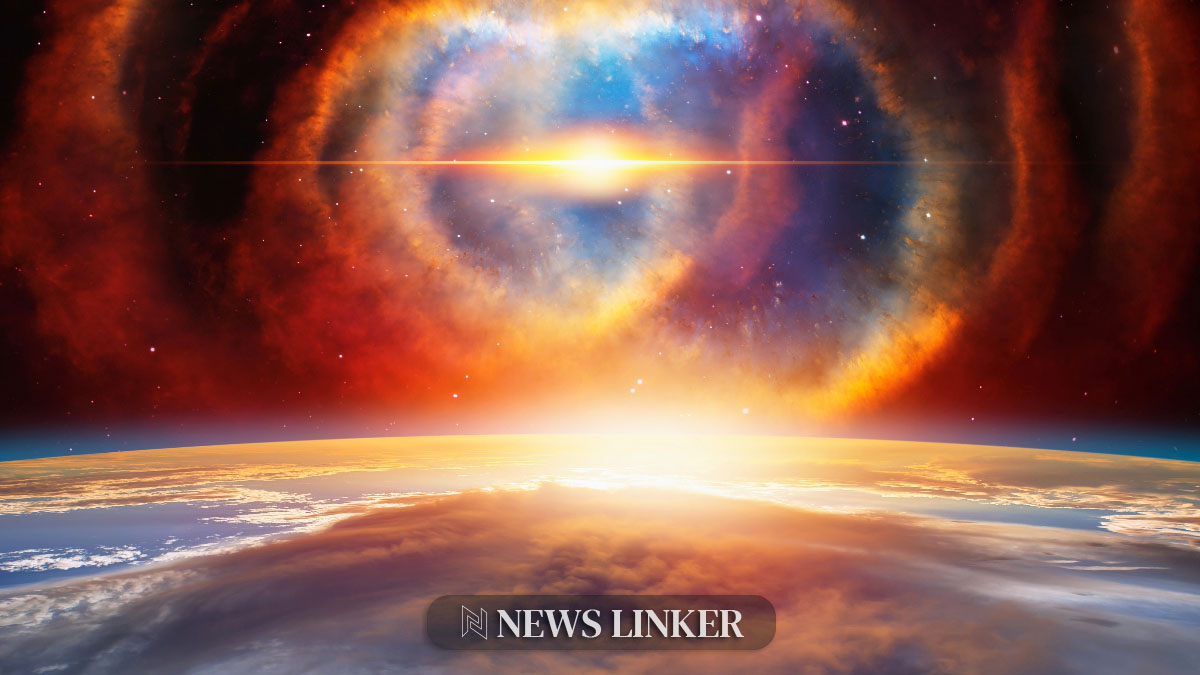Recent astronomical developments suggest that NASA‘s Nancy Grace Roman Space Telescope may soon unveil a new class of exceptionally small black holes, previously undetected due to their modest mass. These ‘featherweight’ black holes, potentially similar in mass to Earth, are thought to be remnants from the nascent moments of the universe. This revelation could significantly widen the scope of known cosmic phenomena and reshape theories about the universe’s early stages and its dark matter composition.
The Roman Space Telescope, poised to explore these frontiers, is expected to identify celestial bodies by observing how they bend light—a process known as microlensing. Unlike traditional black holes formed by the collapse of massive stars, these primordial black holes could provide insights into the conditions of the early universe immediately following the Big Bang. Scientists believe that these tiny black holes could challenge existing paradigms about star formation and the distribution of matter in the cosmos.
Legacy of Astronomical Discoveries
Historical studies and observations have laid the groundwork for this innovative pursuit. Previously, investigations such as those conducted by MOA and OGLE have hinted at the existence of Earth-sized mass objects wandering through space. These findings have consistently raised questions about their nature—whether they are rogue planets or undiscovered types of black holes. The Roman Space Telescope aims to extend these findings by leveraging its advanced technology to detect these objects with unprecedented precision.
Furthermore, the potential discovery of Earth-mass primordial black holes could validate theories of cosmic inflation and offer new explanations for the elusive dark matter that pervades the universe. These investigations draw on decades of theoretical and observational astronomy that suggest rapid expansion and complex transformations in the universe’s formative moments, potentially leading to the creation of low-mass black holes.
Implications and Predictions
The implications of discovering primordial black holes are profound, influencing everything from the understanding of galaxy formation to the behavior of cosmic matter under extreme conditions. Here are some compelling inferences drawn from the ongoing studies:
- Confirmation of primordial black holes would provide tangible evidence of the universe’s rapid expansion phase.
- These discoveries could explain a portion of the dark matter, aiding in solving one of astronomy’s most perplexing mysteries.
- Enhanced understanding of black hole formation processes from the universe’s inception to the present day.
Expanding Our Cosmic Knowledge
The potential verification of primordial black holes by the Roman Space Telescope would not only confirm aspects of theoretical physics but also offer new insights into the early universe’s conditions. This endeavor, bridging gaps between empirical observations and theoretical frameworks, may pave the way for revolutionary discoveries in astrophysics. The study of these celestial anomalies holds the key to unraveling the complex tapestry of galaxy formation, star development, and the pervasive dark matter. Regardless of the outcome, the data gathered will be invaluable, enriching our cosmic knowledge and potentially setting the stage for future explorations in astrophysics.










